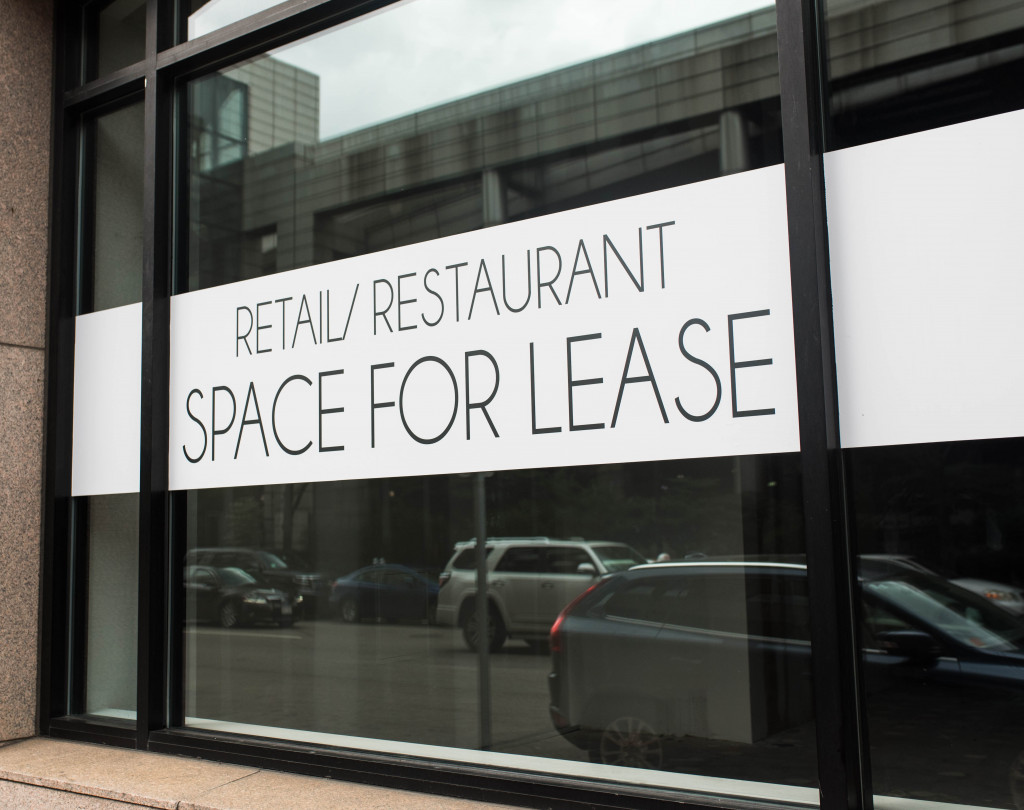Commercial property owners have a lot on their plate. Between keeping the property in good condition and dealing with tenants, there’s a lot to keep track of. One of the most important – but often overlooked – aspects of owning a commercial property is preventative maintenance. You can avoid costly repairs and keep your tenants happy by implementing a preventative maintenance plan!
This article will discuss preventative maintenance and why it’s important for commercial property owners. We’ll also provide some tips for getting started.
Develop a Plan
As a commercial property owner, maintaining your property is essential to keeping it in good condition and attracting and retaining tenants. But what’s the best way to go about preventive maintenance?
Developing a plan is key. You’ll need to decide what needs to be done and when, considering factors like the age and condition of your property, the climate, and your budget. Once you have a plan, create a team of reliable professionals who can carry out the work. And don’t forget to schedule regular inspections so you can catch small problems before they become big ones.
Inspect Your Property Regularly
Regular maintenance is essential to keeping your building in good condition. But you may not realize that regular inspections are just as important. By inspecting your property regularly, you can identify potential problems before they have a chance to cause serious damage.
Inspecting your property once a year is not enough. You need to develop a schedule that fits your specific needs and make sure that you stick to it. Depending on the size and condition of your property, you may need to inspect it quarterly, monthly, or even weekly. And don’t just focus on the areas you think are most likely to have problems. Take the time to walk the entire property, looking for any signs of wear and tear. Pay special attention to high-traffic areas, such as entryways and stairways.
You can avoid costly repairs down the road by being on the lookout for any obvious signs of trouble, such as cracks in walls or ceilings, leaks, or peeling paint. These problems can often be repaired easily if caught early, so don’t hesitate to call a professional if you spot something that needs attention.

Always Have Contacts with Repair Services
Keeping your building in good repair is important, but it’s also important to have a plan for when things go wrong. Not only does this ensure that your tenants are comfortable and that your property retains its value, but it also helps to prevent small problems from becoming expensive repairs. While you may be tempted to handle repairs on your own, it is always best to have a reliable repair service’s contact information. This way, you can ensure the job will be done quickly and correctly, without any added stress or disruptions.
And you need to factor in what kind of repairs your property might need. A property with large, automatic garage doors must have the contact details of commercial garage door repair professionals. This is because they have the experience and skills needed to fix these types of doors, which can be very complex. Having these contacts on hand will save you time and money in the long run.
Have a Crisis Plan in Place
Whether it’s a severe weather event, a fire, or a break-in, being prepared can help to minimize the damage and keep your tenants safe. Here are some tips to help you create a crisis plan for your property:
* First, identify the potential hazards that could affect your property. This will help you to focus your preparedness efforts.
* Next, develop a communication plan. Make sure that all your tenants know how to reach you in an emergency and have a list of alternate contacts in case you cannot be reached.
* Then, create an evacuation plan. Every tenant should know what to do in the event of an evacuation, and there should be clear signage indicating the safest exit routes.
* Finally, have a plan for dealing with the aftermath of an emergency. This should include information on how to contact insurance companies and repair contractors.
By taking these steps, you can be confident that you are prepared for anything that might happen at your commercial property.
Final Thoughts
Commercial property owners have a lot on their plate. Not only do they need to worry about keeping their buildings in good condition, but they also need to have a plan to deal with emergencies. By following the tips we’ve outlined in this article, you can rest assured that your property is in good hands.

